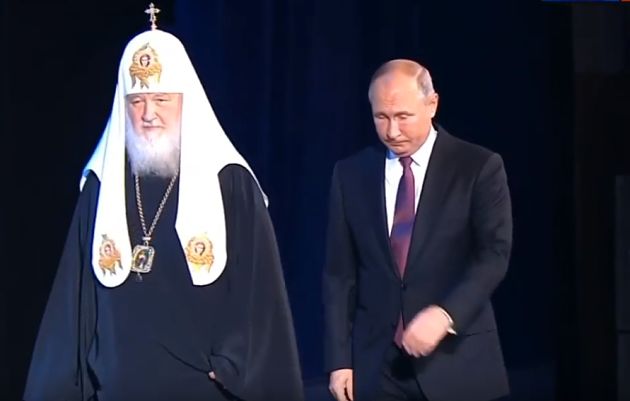The Kremlin has been one of the last in the world to join the fight against the coronavirus – only Alexander Lukashenko seems to recognize the problem. However, he is fighting it very selectively. Let’s start with the fact that the main burden of the fight and the responsibility for making unpopular decisions has been shifted to the regions. After Putin declared the current week off work without declaring a quarantine, millions of Russians, as expected, rushed to vacation, including outside their cities, becoming potential carriers of the virus. Regional authorities had to stop this by implementing quarantine measures.
In addition, they eagerly began to implement technologies to control the movement of people, which on the one hand is logical within the framework of a quarantine, but on the other hand, given the nature of the existing regime, raises legitimate questions – will they be lifted after the epidemic is over?
So what is the Kremlin or the federal authorities doing in the meantime? Here are some of their decisions that stand out:
1) The traditional May 9 amnesty for prisoners was rejected this year – and now, when the danger of spreading the coronavirus arises in places of deprivation and restriction of freedom, it is needed more than ever, especially for minor offenses.
2) A new spring conscription has begun, which means a mass gathering of recruits with the risk of infection.
3) Preparations for the Victory Day parade continue as usual – 15,000 people were packed into buses and marched in tight formation without masks (video is available at the link provided).
4) As “Rossiyskaya Gazeta” reported yesterday, the construction of the so-called Main Cathedral of the Armed Forces of the Russian Federation is continuing around the clock in order to complete it by May 9. We have already written about this project for a huge cathedral of one denomination as the main cathedral of the armed forces of a nominally secular and multi-denominational state.
But let’s leave ideology aside for now – after all, no one should have any illusions about the secular nature of the Russian state and the equal rights of different religions. The question is different – this enterprise was born in relatively prosperous times, when there was no coronavirus and the price of oil was over 100 dollars a barrel. So what is the point now, when many businesses are being closed to avoid the threat of infection and a huge number of people are in need of support? Is it really necessary to spend money on speeding up the construction of a cathedral instead of helping those in acute need?
5) A plane loaded with medical equipment and masks was sent as humanitarian aid – not from the U.S. to Russia, but the other way around. A country whose hospitals desperately lack the most basic necessities, including masks and tests, is helping the world’s leading economic power, which has already conducted over a million tests – isn’t this nothing more than posturing before the world and mocking its own people?
In the face of such absurd actions, can we take seriously the Kremlin’s rhetoric about fighting the coronavirus, under the guise of which new population control measures are being introduced?

